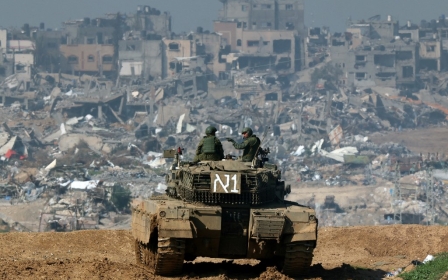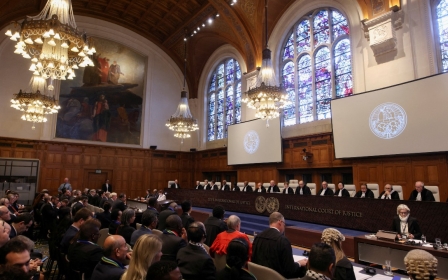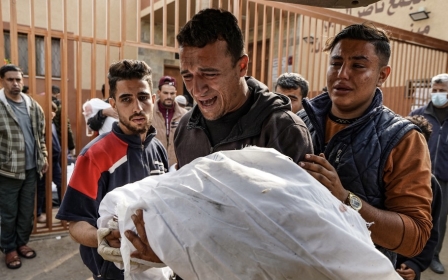What to expect from Friday's ICJ ruling on South Africa's genocide case against Israel
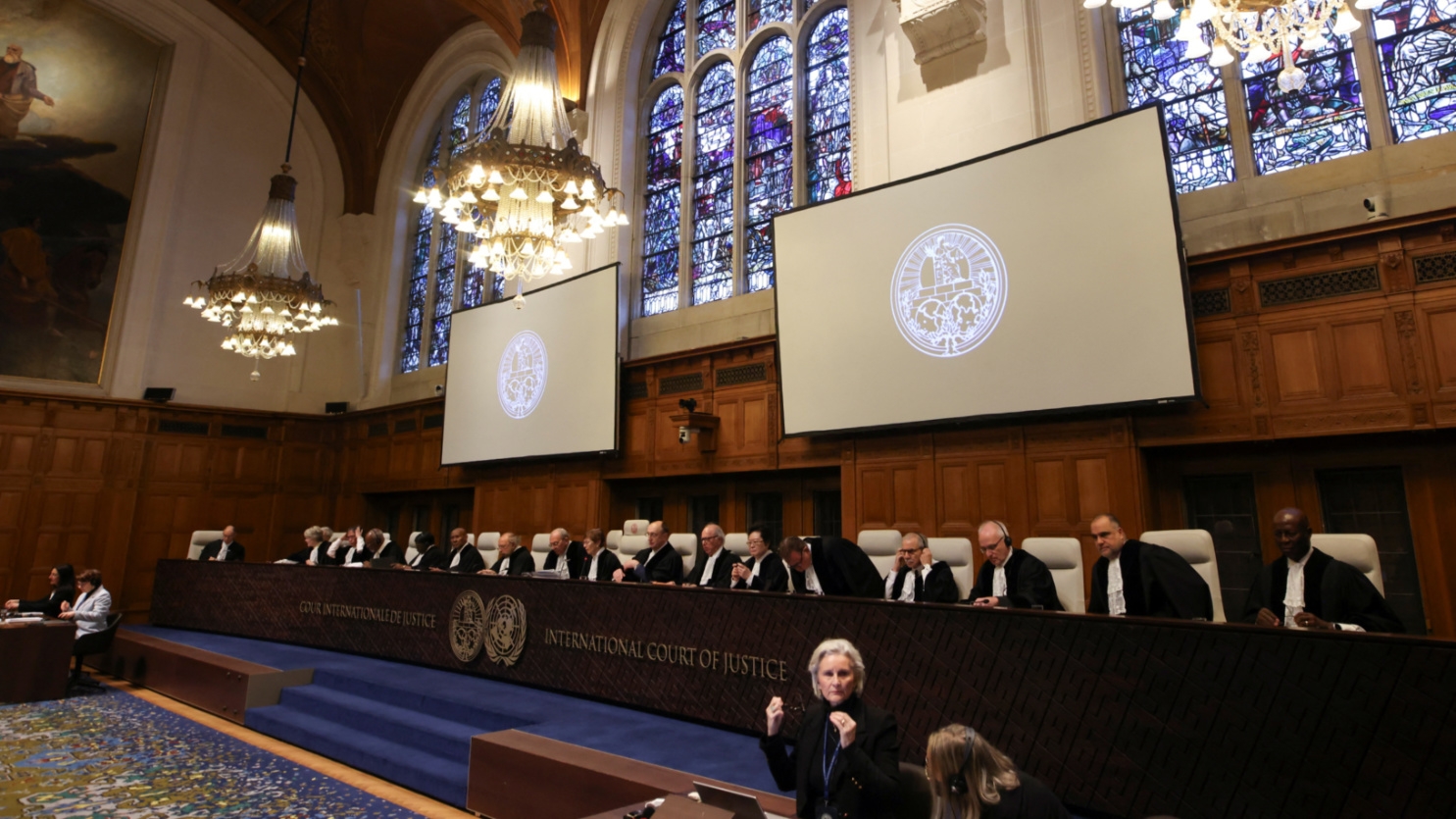
The International Court of Justice (ICJ) is set to deliver on Friday its ruling on the provisional measures requested by South Africa in its genocide case against Israel.
The court is not expected to provide a final ruling on whether Israel is guilty of committing genocide in its war on the Gaza Strip but instead will be ruling on the nine provisional measures requested by South Africa in its case.
Most prominently, South Africa requested an immediate suspension of military operations “in and against” the Gaza Strip and called on Israel to refrain from impeding the delivery of humanitarian aid into the Palestinian enclave.
The ICJ could agree on some, all, or none of the requested measures, depending on whether the judges believe South Africa was able to properly back the arguments presented.
While several legal scholars believe the African state presented a strong case, a call for a full cessation of hostilities seems unlikely to be announced tomorrow.
New MEE newsletter: Jerusalem Dispatch
Sign up to get the latest insights and analysis on Israel-Palestine, alongside Turkey Unpacked and other MEE newsletters
Among the measures called for by South Africa are for Israel to:
-
Immediately suspend its military operations in and against Gaza.
-
Ensure its armed units take no steps in furtherance of military operations.
-
Take all reasonable measures within its power to prevent genocide.
-
Prevent its armed forces from engaging in direct and public incitement to commit genocide, conspiracy to commit genocide, attempt to commit genocide, or complicity in genocide.
-
Take effective measures to prevent the destruction and ensure the preservation of evidence related to allegations of acts within the scope of Article II of the Convention on the Prevention and Punishment of the Crime of Genocide.
-
Submit regular reports to the Court on all measures taken to give effect to the court order.
-
Refrain from any action that could aggravate or extend the dispute before the Court or make it more difficult to resolve.
“South Africa's case is actually mostly about the creation of conditions incompatible with life - lack of food and water, etc," Juliette McIntyre, lecturer in law at the University of South Australia, told Middle East Eye.
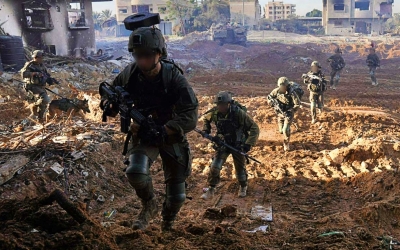
"In a way, the military campaign is not the centre of the case.”
The court, which only has jurisdiction over states, can give orders to Israel but not to Hamas, a non-state entity.
One of Israel’s main arguments is that it needs to protect itself from Hamas.
“The Court does not have all the evidence because this is only a preliminary hearing,” McIntyre added.
“As such, it is possible the Court will try to strike a balance between the interests of the parties: ensure [the] protection of civilians [among other things] while not preventing Israel from action against Hamas.”
The ICJ could, therefore, call for the facilitated delivery of humanitarian aid and the ensuring of better protections for civilians.
Can these orders be enforced?
While rulings from the ICJ are legally binding, the court cannot enforce them, as no mechanism can be used to force compliance.
“[The ICJ] may take note of non-compliance down the track and order, for example, compensation for the harm caused by the failure to comply,” McIntyre said. “But that is many years away.”
In the short term, states can ask the UN Security Council to act and implement separate sanctions aimed at forcing a noncompliant state to follow the court’s orders.
In the genocide case against Israel, should the latter refuse to comply, there would still be a risk of the US vetoing any Security Council decisions aimed at enforcing ICJ rulings.
The Israeli government has previously said that not even The Hague could stop it from restoring “security to both the south and the north” of the country.
Israel would probably refuse to comply with a ruling calling for a full ceasefire, but it may agree to allow more humanitarian aid into Gaza.
What broader effect could the ruling have?
Even if not enforced, a favourable ruling on some or all of South Africa’s provisional measures could apply pressure on Israel and allied governments.
“At this stage, it means only that South Africa has established that there is a plausible risk of genocide, not that there is genocide,” McIntyre added.
“It may have ripple effects for other states; it is an internationally wrongful act to aid or assist in the commission of other wrongful acts, such as genocide.
“States may withdraw military or other support for Israel in order to avoid this. States also have a duty to prevent genocide, which they may take more seriously once the Court has established that it’s a plausible risk.”
Middle East Eye delivers independent and unrivalled coverage and analysis of the Middle East, North Africa and beyond. To learn more about republishing this content and the associated fees, please fill out this form. More about MEE can be found here.


